Welcome to David's website
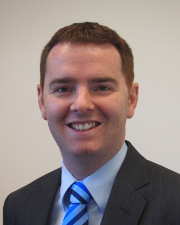 David G. M. Mitchell received the Ph.D. degree in Electrical Engineering from the University of Edinburgh, United Kingdom, in 2009. He currently holds the IFT Professorship in Telecommunications and is an Associate Professor in the Klipsch School of Electrical and Computer Engineering at the New Mexico State University, USA. He previously held Visiting Assistant Professor and Post-Doctoral Research Associate positions in the Department of Electrical Engineering at the University of Notre Dame, USA. He is a Senior Member of the IEEE and his research interests lie in the areas of digital communications, machine learning, and quantum computing, with emphasis on error control coding and information theory. Dr. Mitchell holds 3 U.S. patents and has published over 75 peer-reviewed IEEE journal and conference articles gathering more than 1800 citations. He received the National Science Foundation CAREER award in 2022, the National Science Foundation's most prestigious award in support of early-career faculty, and the 2019 NMSU Early Career Award for Exceptional Achievements in Creative Scholarly Activity. He has received 4 best paper awards and is the recipient of the 2019 New Mexico EPSCoR Mentor Award. Dr. Mitchell serves as an Associate Editor for the IEEE Transactions on Communications, previously having served as an Associate Editor of the IEEE Transactions on Information Theory.
David G. M. Mitchell received the Ph.D. degree in Electrical Engineering from the University of Edinburgh, United Kingdom, in 2009. He currently holds the IFT Professorship in Telecommunications and is an Associate Professor in the Klipsch School of Electrical and Computer Engineering at the New Mexico State University, USA. He previously held Visiting Assistant Professor and Post-Doctoral Research Associate positions in the Department of Electrical Engineering at the University of Notre Dame, USA. He is a Senior Member of the IEEE and his research interests lie in the areas of digital communications, machine learning, and quantum computing, with emphasis on error control coding and information theory. Dr. Mitchell holds 3 U.S. patents and has published over 75 peer-reviewed IEEE journal and conference articles gathering more than 1800 citations. He received the National Science Foundation CAREER award in 2022, the National Science Foundation's most prestigious award in support of early-career faculty, and the 2019 NMSU Early Career Award for Exceptional Achievements in Creative Scholarly Activity. He has received 4 best paper awards and is the recipient of the 2019 New Mexico EPSCoR Mentor Award. Dr. Mitchell serves as an Associate Editor for the IEEE Transactions on Communications, previously having served as an Associate Editor of the IEEE Transactions on Information Theory.
Available positions There are several open research positions in our group, including PhD and undergraduate opportunities. Please get in touch if you are interested in working in the exciting areas of data compression, machine learning, information theory, or quantum error correction!
Recent News
- 01/19/26: Three papers accepted from the group to the IEEE International Conference on Communications:
- "Constructing Quantum Convolutional Codes via Difference Triangle Sets" (co-authored with Vahid Nourozi).
- "Sequential BP-based Decoding of QLDPC Codes" (co-authored with Mohsen Moradi, Salman Habib, and Vahid Nourozi).
- "Dynamic Parameter Scheduling in Soft-Hard BPGD for Lossy Source Coding" (co-authored with Masoumeh Alinia).
-
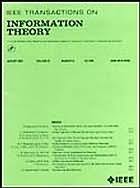 01/15/25: Our new paper "Structural Analysis of Generalized Quasi-Cyclic LDPC Codes: Rank, Design, and Generator Matrices" has been published in the latest IEEE Transactions on Information Theory. Generalized LDPC codes are well suited for next generation machine-to-machine (M2M) type communications since they have good iterative decoding performance and fast decoding convergence speed; however, it is not known how to encode them efficiently. In this paper, we show how to construct polynomial generator matrices in various forms using minors of the polynomial parity-check matrix which enable fast and memory efficient encoding circuits.
01/15/25: Our new paper "Structural Analysis of Generalized Quasi-Cyclic LDPC Codes: Rank, Design, and Generator Matrices" has been published in the latest IEEE Transactions on Information Theory. Generalized LDPC codes are well suited for next generation machine-to-machine (M2M) type communications since they have good iterative decoding performance and fast decoding convergence speed; however, it is not known how to encode them efficiently. In this paper, we show how to construct polynomial generator matrices in various forms using minors of the polynomial parity-check matrix which enable fast and memory efficient encoding circuits. - 10/25/25: Had a great day representing the College of Engineering at the 2025 Las Cruces Spooky Science Festival! Thanks very much to my undergraduate research students Cabe Robertson and Yair Barraza that helped out and did a great job explaining our projects to over 600 future engineers. This year, we had programmable robots stuck in a maze, snap circuits, and research demos.
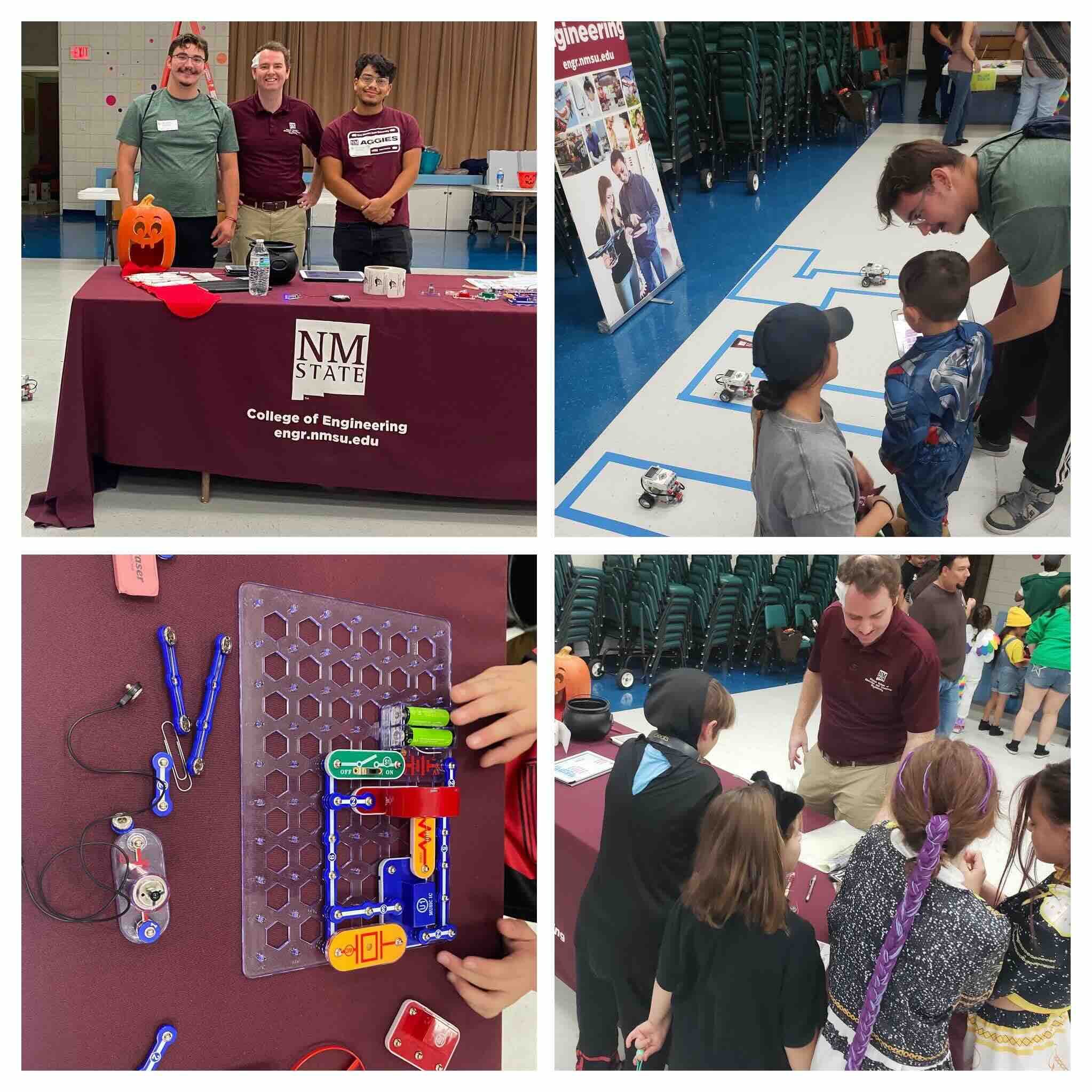
- 10/20/25: Traveling to International Telemetering Conference with undergraduate student Cabe Robertson and former graduate student Andrew Cummins to present our papers "Density Evolution Analysis of Punctured IRIG-106 LDPC Codes: Toward Contested Spectrum Resiliency" (co-authored with Andrew Cummins and Erik Perrins) and "Applying Post-quantum Cryptography based on Quasi-cyclic Codes to Aeronautical Mobile Telemetry" (co-authored with Benjamin Arnesen, Trevor Wai, Tyler Randall, Yuxing Yang, and Willie Harrison). Congratulations to the students on the
paper "Applying Post-quantum Cryptography based on Quasi-cyclic Codes to Aeronautical Mobile Telemetry" for winning the second place student paper award!
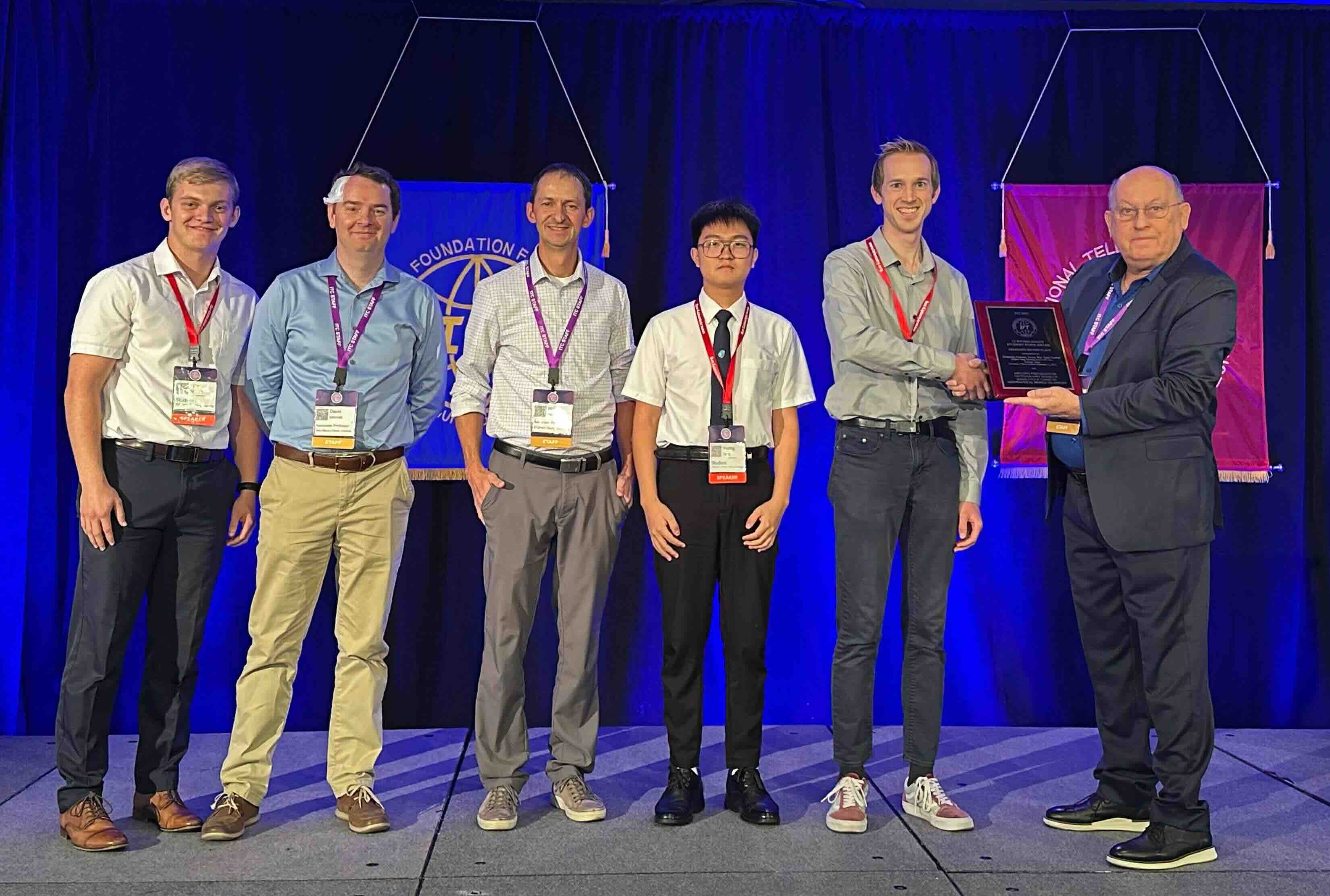
- 10/10/25: Delighted to host Dr. Willie Harrison from Brigham Young University. Dr. Harrison is visiting during his sabbatical leave to work on a research project in post-quantum cryptography.

- 8/30/25: Traveling to the IEEE International Conference on Quantum Computing and Engineering with student Vahid Nourozi to present our paper "Quantum Convolutional Codes Constructed from Classical Self-Orthogonal Convolutional Codes".
- 8/17/25: Traveling to the International Symposium on Topics in Coding with student Benjamin Arnesen and post-doc Masoumeh Alinia to present our papers "Decimation Strategies for Belief Propagation Decoding of Quantum LDPC Codes" (co-authored with Masoumeh Alinia, Hanwen Yao, and Henry Pfister), "Cryptanalysis of a McEliece Cryptosystem Based on Cascaded Goppa-LDPC Code Encryption" (co-authored with Benjamin Arnesen and Willie Harrison) and "Fractional Doping of Protograph-Based Spatially Coupled LDPC Codes" (co-authored with Daniel Costello, Min Zhu, and Michael Lentmaier).
-
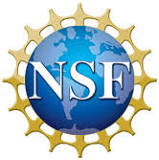 08/15/25: Delighted to announce I have been awarded supplemental funding from NSF for
project "CAREER: Sparse Graph-Based Codes for Network Data Compression." This funding has been awarded to investigate how error-correcting codes can improve generative AI models (specifically to investigate how redundancy can achieve better calibrated uncertainty in the latent space).
08/15/25: Delighted to announce I have been awarded supplemental funding from NSF for
project "CAREER: Sparse Graph-Based Codes for Network Data Compression." This funding has been awarded to investigate how error-correcting codes can improve generative AI models (specifically to investigate how redundancy can achieve better calibrated uncertainty in the latent space).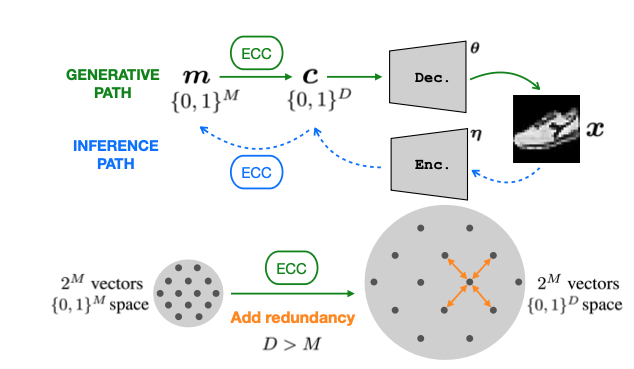
- 8/10/25: Welcome to undergraduate students Yair Barraza and Cabe Robertson that are joining the group as research assistants this semester! They will be working on applying reinforcement learning to improve LDPC decoding for next generation ultra reliable low latency communications (URLLC).
- 8/01/25: Excited to announce that I have been awarded the IFT Professorship in Telecommunications at New Mexico State University. This endowed position was created with generous support from the International Foundation for Telemetering.
- 07/22/25: Good luck to post-doc María Martínez-Garcia, who is traveling to the Conference on Uncertainty in Artificial Intelligence (UAI) to present our work "Improved Variational Inference in Discrete VAEs using Error Correcting Codes,"
-
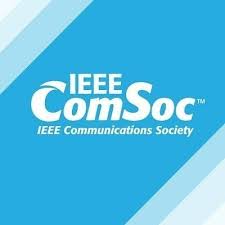 06/28/25: Our new paper "Enhancing Belief Propagation Decoding of Polar Codes: A Reinforcement Learning Approach," has been published in the latest IEEE Communications Letters.
06/28/25: Our new paper "Enhancing Belief Propagation Decoding of Polar Codes: A Reinforcement Learning Approach," has been published in the latest IEEE Communications Letters. 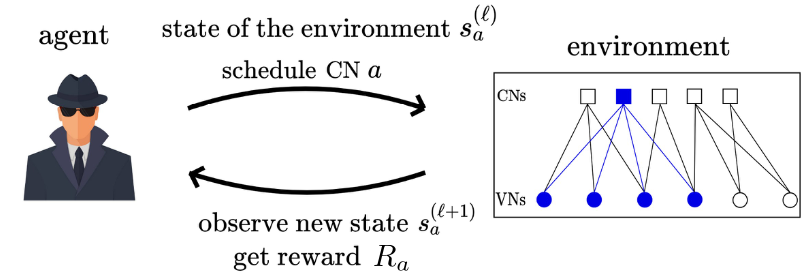
To meet the growing demand for low-latency communication with acceptable complexity, belief propagation (BP) decoding of polar codes would be attractive, but its performance falls short of other methods. This work closes that gap by the application of reinforcement learning to optimize the message-passing. - 06/22/25: Traveling to the IEEE International Symposium on Information Theory to present two papers "High-rate Spatially Coupled LDPC Codes Based on Massey’s Convolutional Self-Orthogonal Codes" and "A Strategy to Detect Error Propagation in Sliding Window Decoding of SC-LDPC Codes".
- 06/17/25: US Patent 12,334,954 B1 is issued: "Threshold-based min-sum algorithm to lower the error floors of quantized low-density parity-check decoders".

This invention presents modified versions of the min-sum algorithm (“MSA”) which can lower the error floor performance of quantized LDPC decoders: namely the threshold attenuated min-sum algorithm (“TAMSA”) and/or threshold offset min-sum algorithm (“TOMSA”). Embodiments of the present invention can provide desirable results even without knowledge of the location, type, or multiplicity of such objects and can be implemented with only a minor modification to existing decoder hardware. - 05/20/25: Thanks very much to the NMSU Arrowhead Center for interviewing me as a highlight for NMSU Research and Creativity week! You can check out the video below.
- 03/04/25: Traveling to the Innovate New Mexico showcase to pitch our patented work on efficient LDPC decoders to some industry sharks!
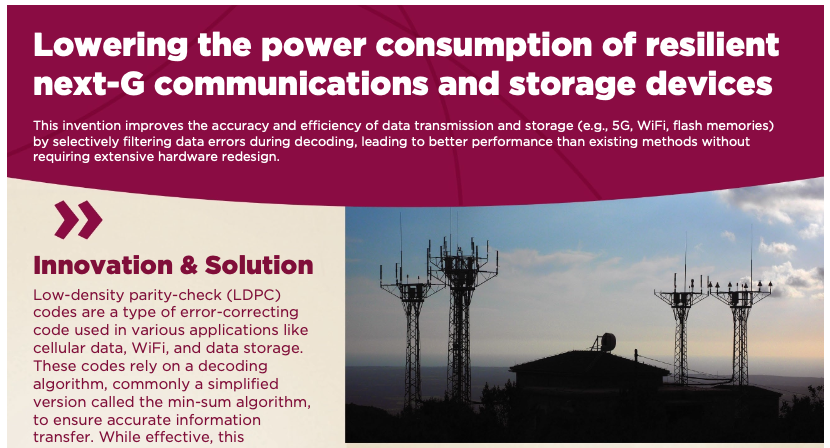
- 02/10/25: Traveling to the Information Theory and Applications conference to present an invited talk on our work "Learning to Decode GLDPC Codes: Policy Evaluation and Q-learning".
- 02/03/25: Traveling to the NSF RINGS PI annual PI meeting at Qualcomm in San Diego to present an update about our project "Resilient Edge Ecosystem for Collaborative and Trustworthy Disaster Response".
- 12/15/24: Had a great semester at my second sabbatical stop visiting Dr. Henry Pfister at Duke University. Thank you very much Henry for the fantastic visit! I was working on quantum error correction at the Rhodes Information Initiative

- 11/04/24: Congratulations to Andrew Cummins for defending his PhD thesis "Ultra-efficient Algorithms and Capacity-approaching Codes for Resource-Constrained Adaptive Communications". Well done Dr. Cummins, you have done some excellent work! In his doctoral studies, Andrew investigated several novel constructions of spatially coupled turbo-like codes built from convolutional self-orthogonal codes (CSOCs) that have extremely efficient and fast decoder implementations. He also made important contributions in the domain of spectrally efficient, rate-adaptable coding schemes for aeronautical communications.
- 10/21/24: Traveling to the International Telemetry Conference with graduate student Andrew Cummins to present our paper "Spectrally Efficient LDPC Codes For IRIG-106 Waveforms via Random Puncturing" (co-authored with Erik Perrins).
- 07/07/24: Traveling to the IEEE International Symposium on Information Theory to present three papers "PAC Code Rate-Profile Design Using Search-Constrained Optimization Algorithms" (co-authored with post-doc Mohsen Moradi), "Generalized Quasi-Cyclic LDPC Codes: Design and Efficient Encoding" (presented by student Anthony Gómez-Fonseca, co-authored with Roxana Smarandache), and "Minimizing Distortion in Data Embedding Using LDGM Codes and the Cavity Method" (co-authored with post-doc Masoumeh Alinia)
- 07/01/24: Congratulations to Behrooz Mosallaei for defending his MSEE thesis "Enhancing Smart Grid Resilience with 5G Technology". Behrooz did some excellent work incorporating advanced channel codes to improve the communication resiliency of this critical infrastructure! He will now begin his Ph.D. studies at the New Jersey Institute of Technology.
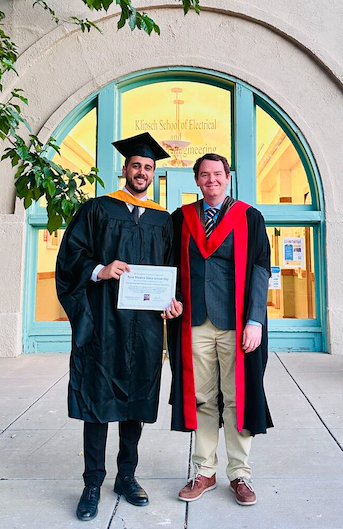
- 06/02/24: Traveling to the IEEE International Conference on Communications (ICC) to present our paper "Cycle-Detection Based Decimation Policies for Lossy Source Encoding" (co-authored with post-doc Masoumeh Alinia).
- 04/19/24: US Patent 11,962,324 is issued: "Threshold-based min-sum algorithm to lower the error floors of quantized low-density parity-check decoders".

This invention presents modified versions of the min-sum algorithm (“MSA”) which can lower the error floor performance of quantized LDPC decoders: namely the threshold attenuated min-sum algorithm (“TAMSA”) and/or threshold offset min-sum algorithm (“TOMSA”). Embodiments of the present invention can provide desirable results even without knowledge of the location, type, or multiplicity of such objects and can be implemented with only a minor modification to existing decoder hardware. -
 04/10/24: Delighted to announce DoD funding for the project "SCALE: Scalable Asymmetric Lifecycle Engagement." I will be a Co-PI on the NMSU sub-award: Radiation-Hardened Microelectronics Workforce Development Consortium.
04/10/24: Delighted to announce DoD funding for the project "SCALE: Scalable Asymmetric Lifecycle Engagement." I will be a Co-PI on the NMSU sub-award: Radiation-Hardened Microelectronics Workforce Development Consortium.
- 04/03/24: Traveling to the Munich Workshop on Shannon Coding Techniques to present our invited talk "Learning Sequential BP Decoding of
Short Blocklength Codes" (co-authored with post-docs Salman Habib and Mohsen Moradi). Thanks very much to the organizers for the invitation!
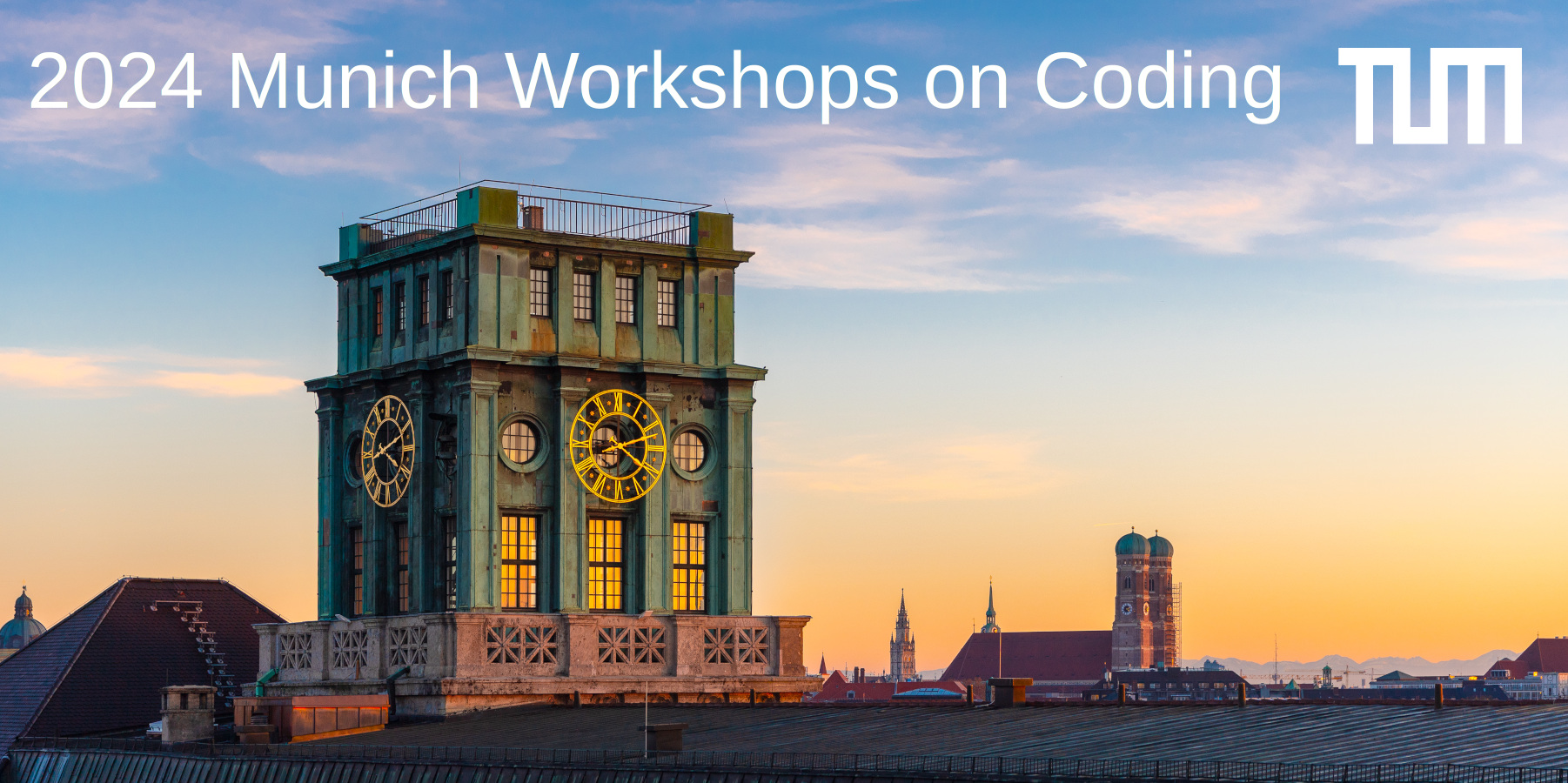
-
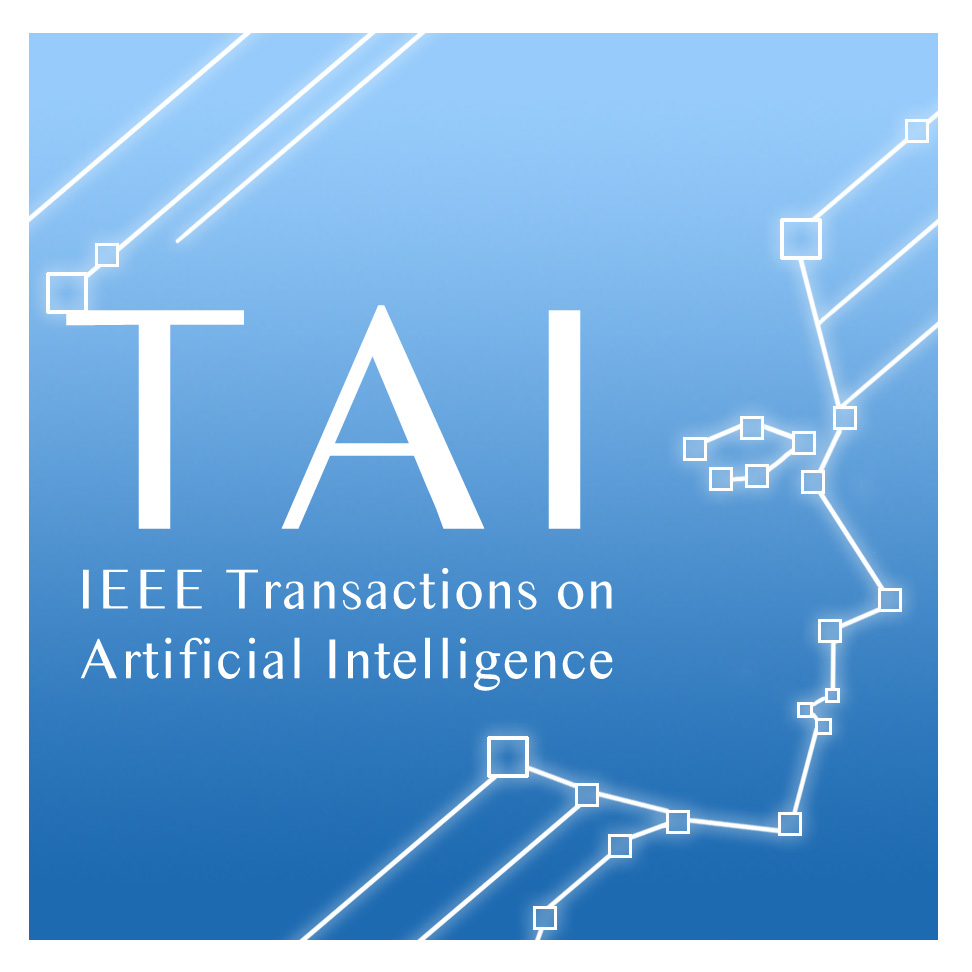 01/31/24: Our new paper "Joint Learning and Channel Coding for Error-Tolerant IoT Systems based on Machine Learning" has been published in the latest IEEE Transactions on Artificial Intelligence.
01/31/24: Our new paper "Joint Learning and Channel Coding for Error-Tolerant IoT Systems based on Machine Learning" has been published in the latest IEEE Transactions on Artificial Intelligence. 
We propose a joint learning and channel coding (JLCC) scheme for IoT devices where the ML model is retrained to tolerate some channel errors, enabling a reduction in the required error correction. Simulation results show that, when employing JLCC with the proposed two retraining methods, an average reduction of 29.15% and 34.82% in the dissipated power is achieved. - 01/06/24: Excited to begin work at my first stop on sabbatical leave to visit Dr. Pablo Olmos at the Signal Theory and Communications Department at the University Carlos III, Madrid. I will be working here on deep learning and generative AI.
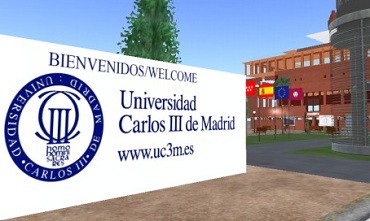
-
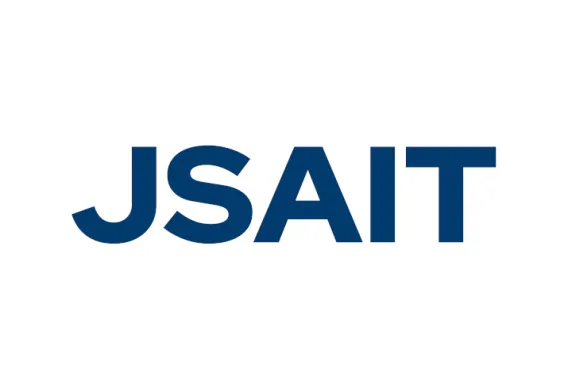 12/01/23: Our new paper "An Efficient Strategy to Count Cycles in the Tanner Graph of Quasi-Cyclic LDPC Codes" has been published in the latest IEEE Journal on Selected Areas in Information Theory.
12/01/23: Our new paper "An Efficient Strategy to Count Cycles in the Tanner Graph of Quasi-Cyclic LDPC Codes" has been published in the latest IEEE Journal on Selected Areas in Information Theory. -
 12/01/23: Our new paper "Error Propagation Mitigation in Sliding Window Decoding of Spatially Coupled LDPC Codes" has been published in the latest IEEE Journal on Selected Areas in Information Theory.
12/01/23: Our new paper "Error Propagation Mitigation in Sliding Window Decoding of Spatially Coupled LDPC Codes" has been published in the latest IEEE Journal on Selected Areas in Information Theory. - 10/28/23: Had a great day representing the College of Engineering at the 2023 Las Cruces Spooky Science Festival! My team and I had fun explaining our research projects to over 500 talented future engineering students as well as creating some 3-D printed halloween decorations!
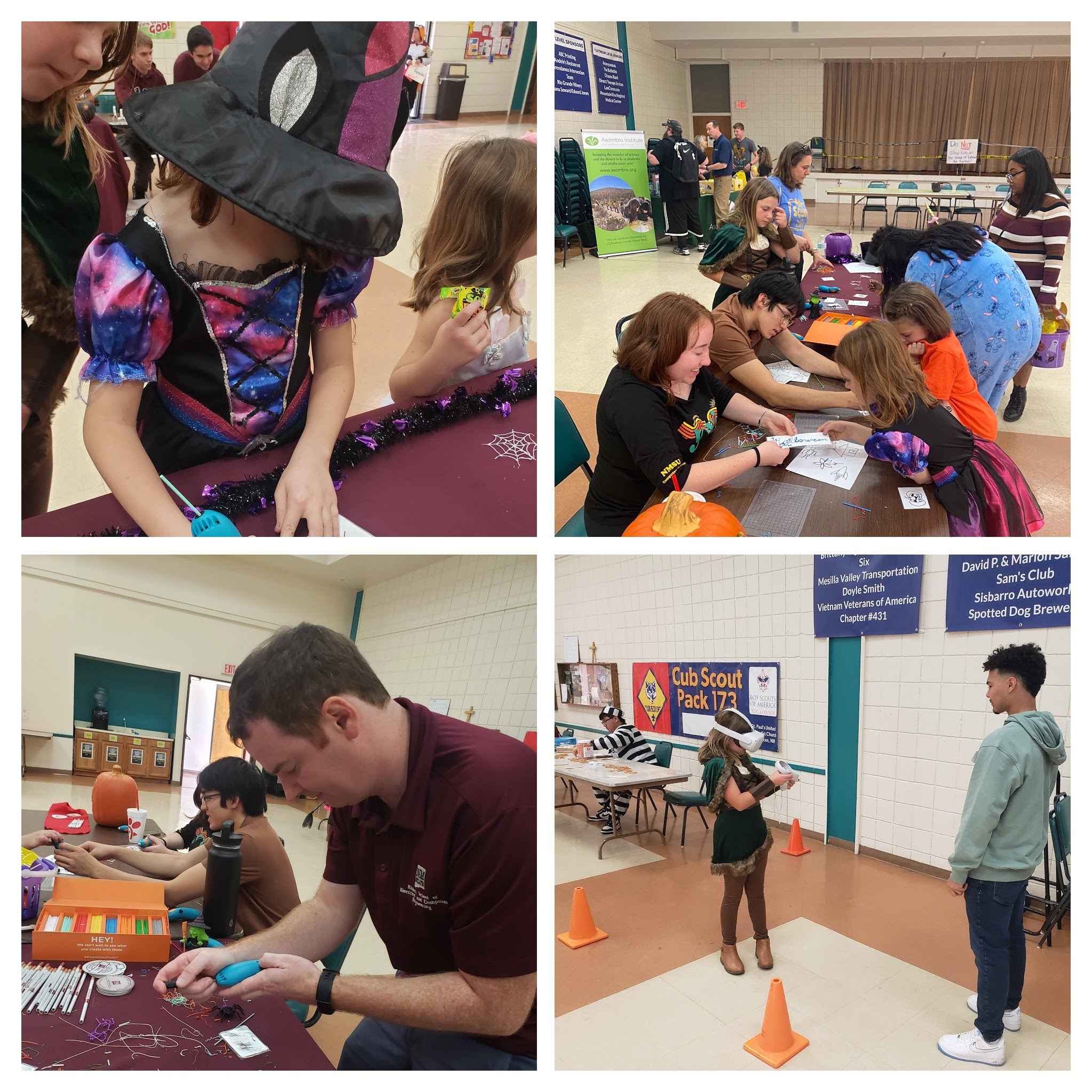
- 09/02/23: Congratulations to post-doc Masoumeh Alinia for our best paper award at the International Symposium on Topics in Coding for the paper "Optimizing Parameters in Soft-hard BPGD for Lossy Source Coding"!

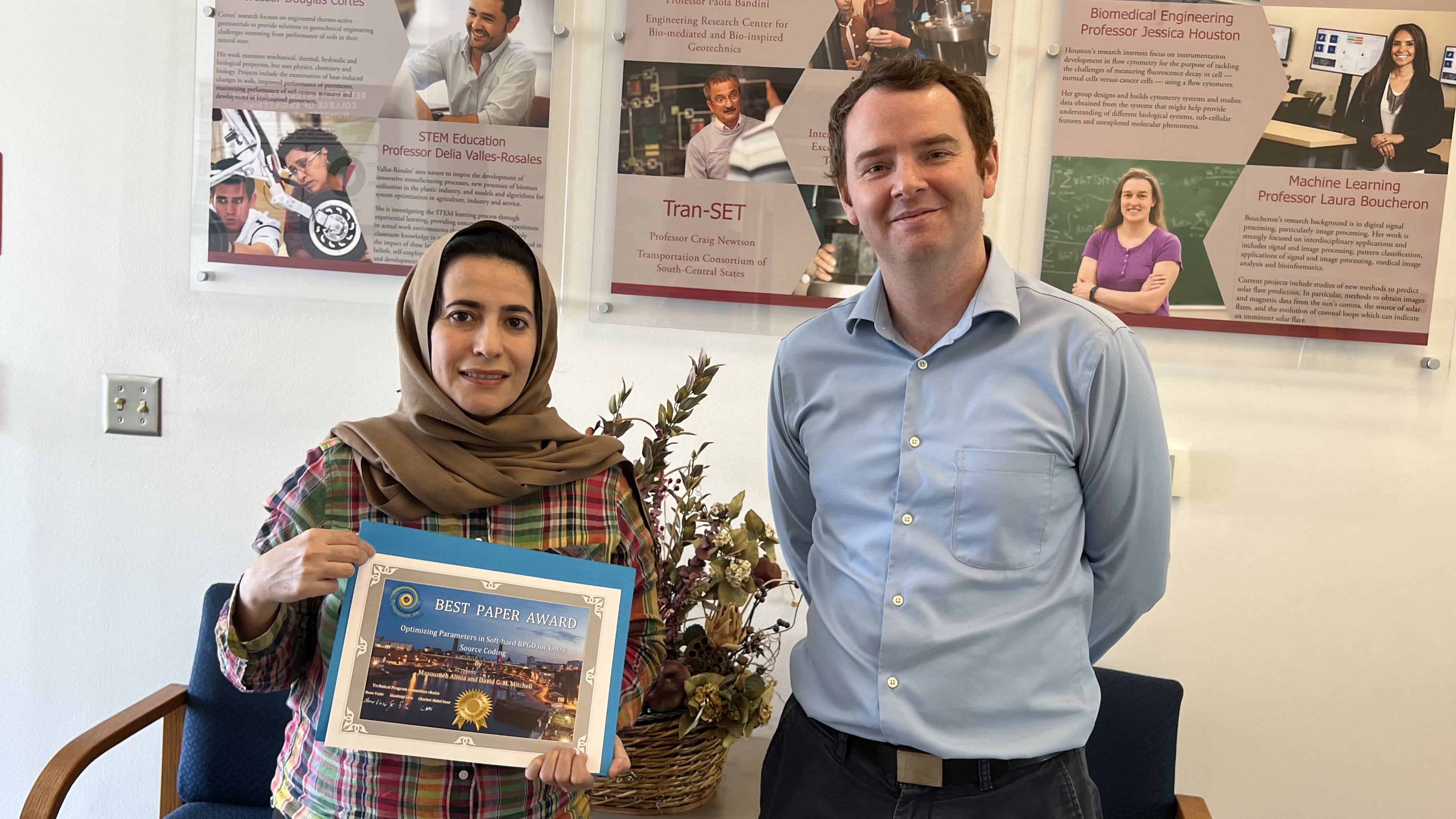
- 09/02/23: Traveling to the International Symposium on Topics in Coding to present four papers "Optimizing Parameters in Soft-hard BPGD for Lossy Source Coding" (co-authored with post-doc Masoumeh Alinia), "Reinforcement Learning for Sequential Decoding of Generalized LDPC Codes" (co-authored with post-doc Salman Habib), "A Low Complexity PEG-like Algorithm to Construct Quasi-Cyclic LDPC Codes" (presented by student Anthony Gómez-Fonseca, co-authored with Roxana Smarandache), and "Braided Convolutional Self-orthogonal Codes with Double Sliding Window Decoding" (co-authored with M. Zhu, A. Cummins, M. Lentmaier, and D. J. Costello, Jr.)
In this paper, we have introduced a framework that leverages the cavity method to predict the values of softness parameters in the algorithm at which phase transition occurs. This framework can significantly reduce the need for time-consuming empirical searches to determine the best parameter values. Our approach has been found to deliver superior rate-distortion performance compared to conventional state-of-the-art approaches.
Contact Details
160C Goddard Annex,
New Mexico State University,
Las Cruces, NM 88003, USA
Show on map- Tel: +1 (575) 646-3238
Fax: +1 (575) 646-1435
email: dgmm AT nmsu DOT edu - Google Scholar page
- Twitter Page
- LinkedIn page
- ResearchGate page
- Departmental web page